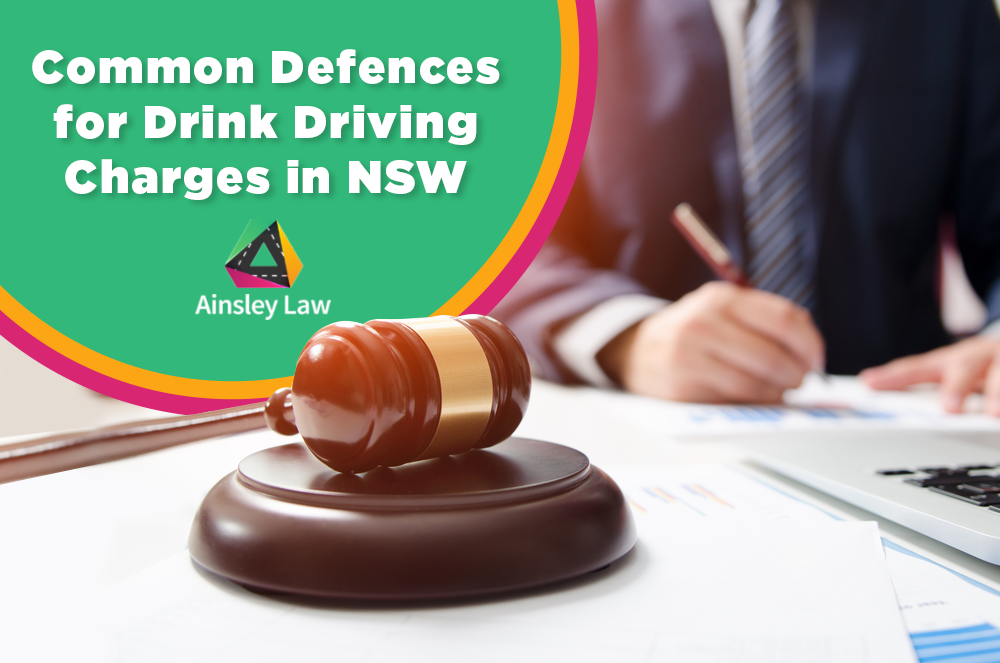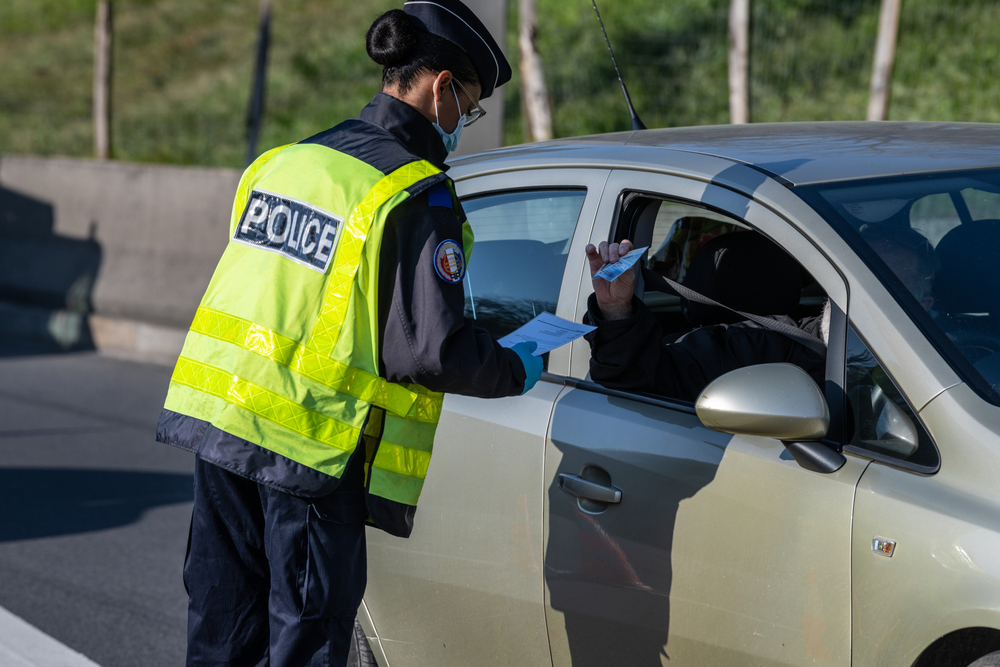Drink driving charges are one of the most common offences dealt with in the NSW Local Courts. They can have serious consequences, including a criminal record, fines, loss of licence and even imprisonment.
As traffic lawyers, our goal is to help our clients get the best and fairest outcome when they have been charged with a drink driving offence. In most cases, the best way to achieve this is by pleading guilty and minimising the penalties.
In some cases though there may be a defence for a ‘not guilty’ plea available. In this article, we will explore some of the defences for drink driving charges in NSW.
Not ‘driving’
Usually, the police must prove that you were ‘driving the motor vehicle’ or ‘occupying the driving seat of a motor vehicle and attempting to put it in motion’. While this is straightforward in most cases, sometimes there can be a grey area.
If you were not driving or attempting to drive it can be worth consulting with a traffic lawyer to find out if you have a defence.
Challenging the BAC reading
The breathalyzers used by police are usually calibrated and the legislation deems them accurate.
However, it can sometimes be possible to challenge the alleged Blood Alcohol Content (BAC) reading.
Even though the breath analysis is usually taken well after the person was actually driving, the law treats the BAC reading as though it is the reading the person would have had at the time of driving.
In reality though, the BAC at the time of driving is usually different to the reading taken by the breath analysis. This is because the person’s body will continue to metabolise the alcohol between the time they are stopped by police and the time they are taken to the police station for a breath analysis.
Sometimes, the person’s BAC increases by the time the breath analysis is done, especially if their last drink was a short time before being stopped by police.
If the person can prove that their BAC at the time of the time of driving was lower than the reading from the breath analysis they may be able to defend the case. This usually involves hiring a pharmacologist expert to assess and give evidence about what the BAC level would have been.
The Two Hour Rule
The law requires that the breath analysis be administered within 2 hours of the person driving.
If the breath analysis was done after the 2 hour period we can argue that the BAC reading should not be accepted as evidence.
Breath Tested at Home
The law prohibits the police from breath testing a person at their home. If a breath test was administered at the person’s home we may be able to have the evidence of the BAC reading excluded from the hearing.
Honest and Reasonable Mistakes
It can be a defence to drink driving if the person held an ‘honest and reasonable belief’ that they were not driving over the limit.
Simply not realising you are over the limit won’t usually be enough. That would normally not be considered a ‘reasonable’ mistake.
An example where this defence might be available is where the person’s non-alcoholic drink was spiked.
Final Thoughts
While in most cases the best thing to do is to plead guilty, it’s still important to consider whether you might have a defence available.
The laws around these defences are intricate. Every case is different.
Seeking legal advice from an experienced law firm like Ainsley Law can be invaluable in navigating the legal complexities and achieving the best possible outcome for your case.
Don’t hesitate to reach out to Ainsley Law for expert assistance in handling your drink driving charges. Contact us now for a confidential consultation and let us help you safeguard your legal rights.
Please call us today at (02) 8294 5697 or leave an enquiry.


